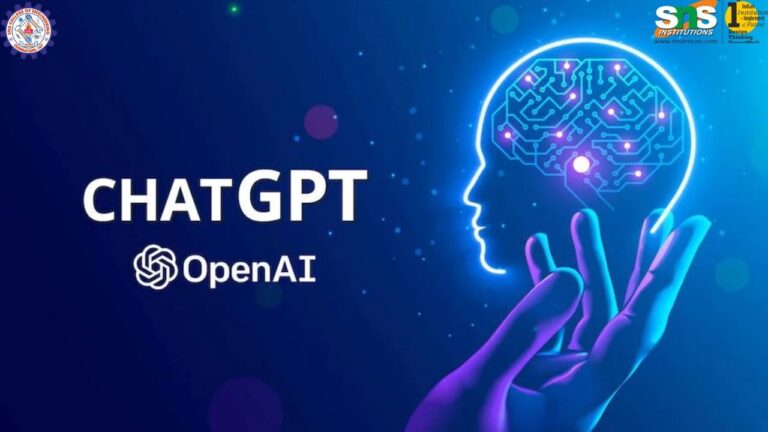ChatGPT, a large language model, has revolutionized the way students approach learning. Its ability to provide information, generate text, and answer questions has made it an indispensable tool for many. However, like any powerful tool, it comes with both advantages and disadvantages
The Pros of ChatGPT for Students
Improved Learning: ChatGPT can act as a virtual tutor, providing explanations, examples, and practice problems. It can cater to individual learning styles and paces, making education more personalized.
Enhanced Research: The AI can assist in finding relevant information, summarizing complex topics, and generating different perspectives on a subject, streamlining the research process.
Time Management: By automating tasks like drafting emails, writing outlines, or summarizing articles, students can focus on more critical thinking and problem-solving aspects of their studies.
Language Learning: ChatGPT can help students practice different languages, provide translations, and offer language-learning exercises.
Accessibility: For students with disabilities, ChatGPT can provide alternative formats for information, such as text-to-speech or simplified language.
The Cons of ChatGPT for Students
Overreliance: Excessive dependence on ChatGPT can hinder critical thinking and problem-solving skills. Students should be cautious about relying solely on the AI for information without verifying its accuracy.
Academic Integrity: The potential for misuse is a significant concern. Students might be tempted to use ChatGPT to generate essays or assignments without proper citation, leading to academic dishonesty.
Information Accuracy: While ChatGPT is impressive, it’s not infallible. It can sometimes generate incorrect or misleading information, emphasizing the importance of critical evaluation.
Lack of Human Interaction: Excessive use of AI can reduce face-to-face interactions with peers and teachers, hindering the development of essential social skills.
Striking a Balance
To maximize the benefits of ChatGPT while mitigating its drawbacks, students should use it as a tool to enhance learning, not replace it. Critical thinking, independent research, and collaboration with peers remain essential for academic success.
Educational institutions also play a crucial role in guiding students on responsible AI usage. By providing clear guidelines, teaching digital literacy, and promoting critical evaluation skills, they can help students harness the power of AI while maintaining academic integrity.
Ultimately, the impact of ChatGPT on student life depends on how it is used. By understanding both its advantages and limitations, students can leverage this technology to improve their learning experience without compromising their academic integrity or critical thinking abilities.
